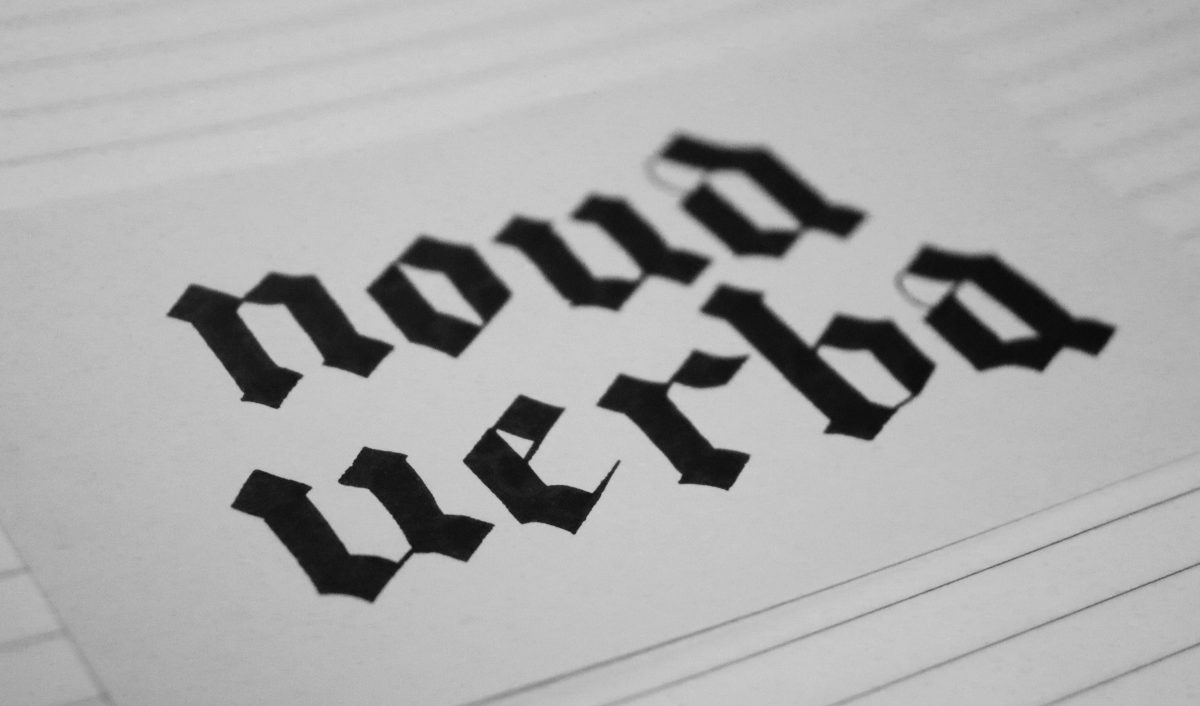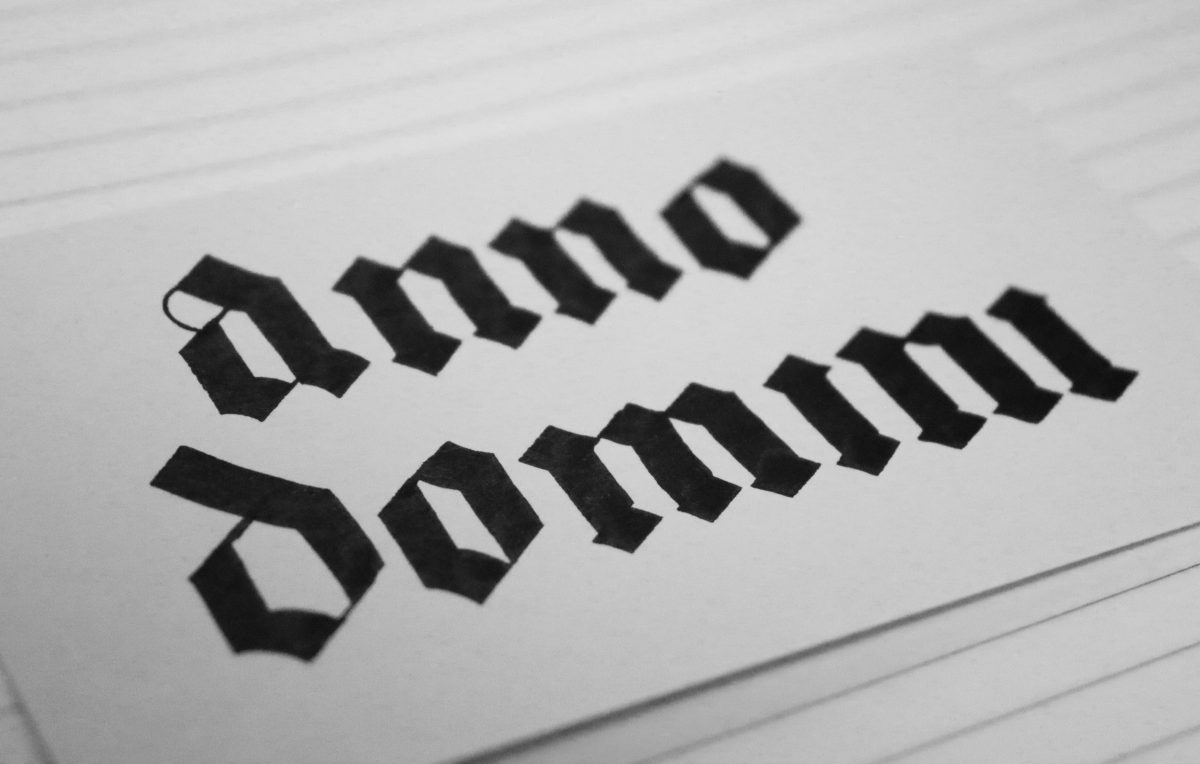By all means, accuse me of inventing too many words with the suffix ‘-mania’, but I do find it to be infinitely useful.
The year is 2019. The month is May. Fans of fantasy all around the world gather to watch the final episode of Game of Thrones.
Daenerys Targaryen has, inexplicably, gone mad. Jon Snow decides to kill her. Drogon, her dragon, after seeing this, decides to attack … the Iron Throne.
It makes no sense. Dragons in this world, while unable to speak or communicate telepathically as they can in some other fantasy worlds, are supposedly ferociously intelligent. There is no way that Drogon doesn’t know that it was Jon Snow who killed Daenerys. Dragons are also vicious, and rather indifferent to humans other than the ones they are bound to in some way. Drogon would kill Jon Snow. That would make sense.
But instead the dragon attacks … the chair. Why? It’s a chair. What does it mean to a dragon? Unless of course, Drogon somehow knows what the chair symbolises – the desire for power, and all the infighting it causes. Drogon, in this moment, gains a meta-level understanding of the world he’s in. He momentarily becomes the audience, and that’s why he attacks the symbol and impetus of the show.
For a show that is supposed to be realist, this is ridiculous. It only happens because the writers think it’s profound, and that profundity takes precedence over physical and logical realism. It is one of the many reasons why the show is considered a car crash, and why people hardly ever talk about it now, despite it being one of the most popular shows in the world for about a decade.
In the subsequent years, I have seen this obsession with symbols many other times. I have seen people be obsessed with the symbolism of something – what they think it means – regardless of the actual logical, physical, or logistical consequences of something, regardless of reality.
I won’t enumerate all of the examples, as that would make this post unbearably long, but I will focus on one: royalty.
I am a royalist. It’s actually one of the few ‘-ist’ words I will actually apply to myself. I’ll save a full explanation of why I’m a royalist for another post, but it’s worth saying that being a royalist does not mean that you support or are in favour of every single thing every single member of the royal family does all the time. It means you are in favour of the concept of royalty.
In any discussion on royalty, one of the arguments against it you’ll hear quite often and quite early on is ‘I don’t think anyone should be considered “better” than anyone else.’ – in other words, they see the meaning of ‘royalty’ as being that some people in society should be higher up, higher in status, more important, intrinsically more moral people – better.
It’s a weird argument, because I don’t think anyone who is a royalist today actually believes that members of the royal family are better, more worthy, than the rest of us. I think royalists just see the royal family as inheritors of an ancient tradition who have a life-long duty to preserve a substantial proportion of our cultural heritage. That does not make them better, or more worthy. They are not necessarily more moral people, nor should they escape justice when justice is needed. Now sure, we should expect higher standards of them than we do of most people, since they are the inheritors of this legacy, and the performers of its rituals, but this does not mean they are necessarily better.
I think the people who see royalty as some kind of status of intrinsic superiority are obsessed with what they believe the symbolism of royalty is rather than the practical, real effects that we see in society as a result of them (or even, indeed, a truer, actual symbolism, rather than a false interpretation). In that sense they are the same as the writers of Game of Thrones (and the very small number of people who actually liked that final episode).
So I find I need a word to describe this phenomenon. I choose symbolomania – the obsession with symbols or symbolism – usually a perceived symbolism – over reality or over a more logical understanding of something.

